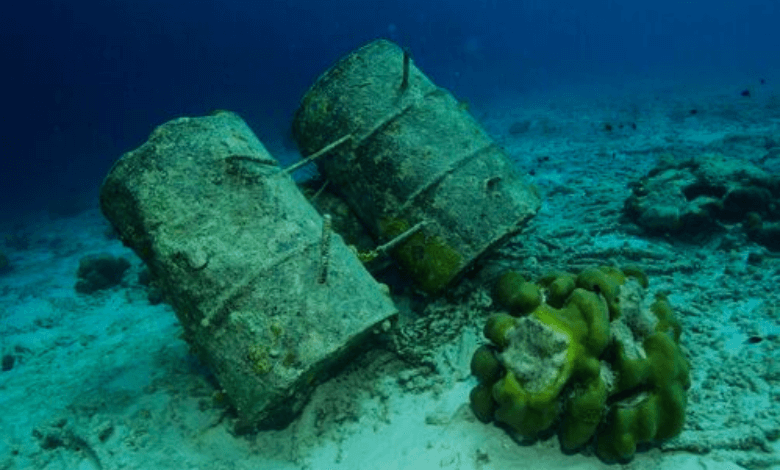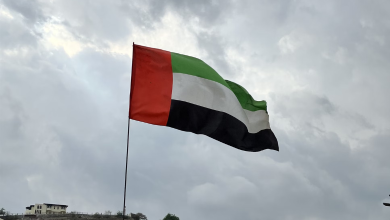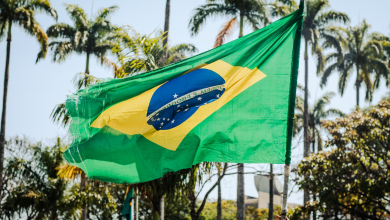WWII-era Unexploded Bombs and Missiles Rotting on Baltic Seabed

The Baltic seabed is littered with WWII-era explosives, unexploded bombs, missiles and grenades, as well as chemical weapons which have slowly and steadily poisoned the Baltic waters. The already fragile Baltic ecosystem may be actually contaminated now.
Researchers say that the Soviet Union, after World War II, dumped the chemical weapons, which they had seized from Germany, in the Baltic Sea.
The same was done by the Americans and the English in the Skagerrak Strait. Weapons were dumped in the water as this was regarded as less hazardous than incinerating them.
Moreover, dumping the weapons into the sea was a cheap and easy solution.
Sulfur Mustard Found in the Baltic Sea
The wartime weapons have been dangerously abandoned into the waters for way too long now. Scientists say the weapons have been slowly leaking toxic chemicals, including TNT, mustard gas, phosgene and arsenic.
Jacek Beldowski, a professor at the Institute of Oceanology at the Polish Academy of Sciences, analyzed the water for chemical agents in the Baltic seabed sediment, fish and mussel tissue. The researchers used underwater drones and sonar scanners around the dump sites in the Baltic Sea and collected samples.
A 2020 report revealed they found a chemical agent – sulfur mustard, which is used in aircraft bombs and artillery shells. The researchers found arsenic-containing agents like clark 1 and adamsite, hydrogen cyanide and chemicals found in tear gas. They said the breakdown of these products is toxic, making the water potentially poisonous.
An expert explained that leaks from drums and weapons form into lumps when disturbed. He said through hydrolysis, mustard gas develops an outer crust and is likely to remain in a solid form on the ocean floor for many decades, even centuries.
Baltic Sea an Ecological Disaster
These findings have no doubt caught the world’s attention. Terrance Long, Founder of the International Dialogues on Underwater Munitions, says more public awareness is needed to pressure governments into action. He said underwater munitions are leaking toxins that are harming marine ecosystems and endangering sea life.
“The TNT in munitions can burn and bleach corals and create an influx of nutrients that provoke harmful algae blooms.
Mustard gas breaks down into inorganic arsenic which spreads across the seafloor, killing everything in its wake. The chemicals also affect the photosynthesis of plankton and the hatching rate of crustacean eggs.”
Long said this is the alarming situation of the Baltic Sea.



